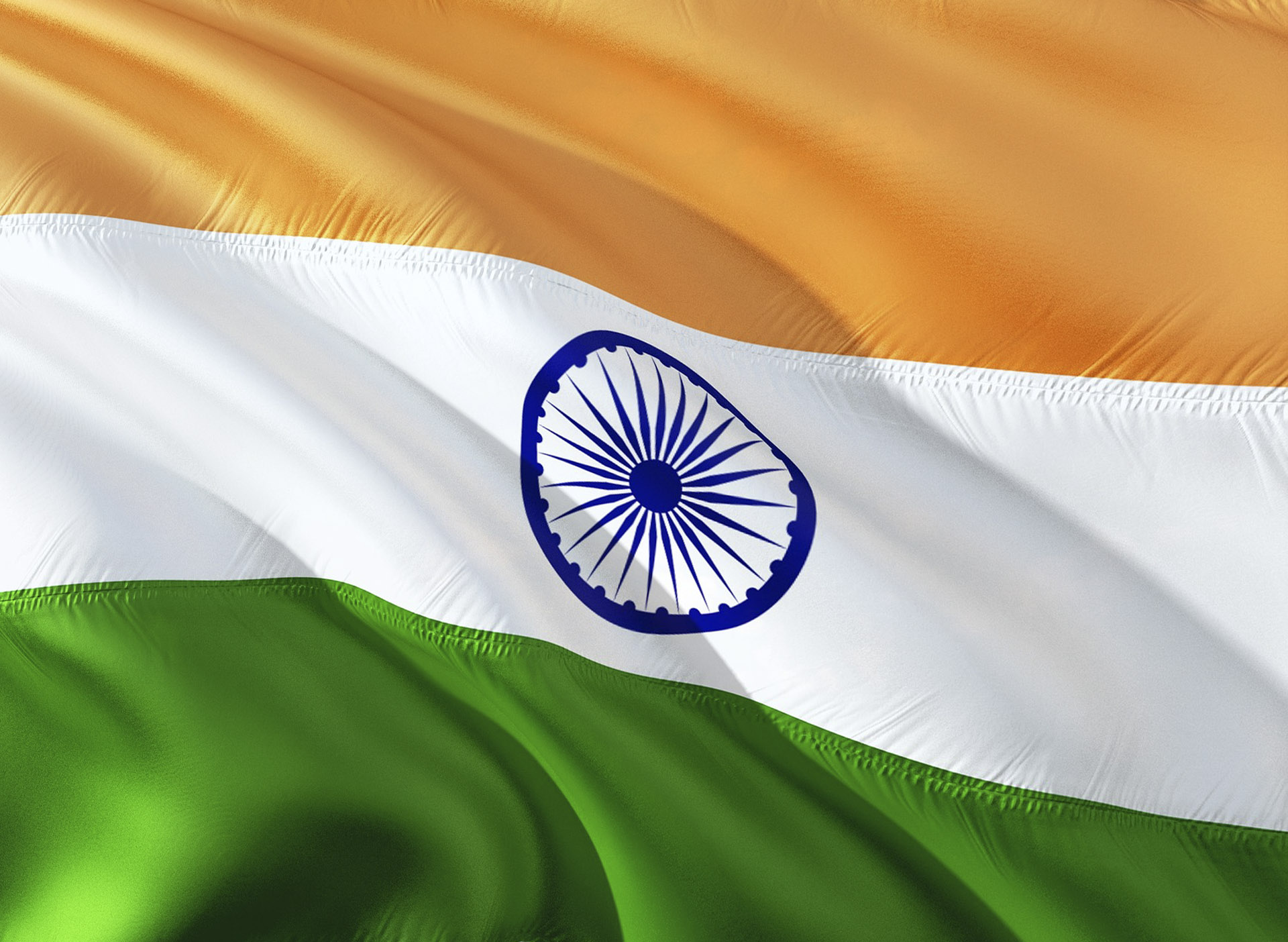| In a new tie-up which will see Tata/Starbucks give Costa Coffee, Café Coffee Day and Barista a run for their money, Indians in need of a caffeine injection can now opt for a new daily grind. The 50:50 joint venture which will operate the cafes under the signage Starbucks Coffee – “A Tata Alliance” will have an initial investment in the market of about RS 400 crore (US$80 million.) Initial plans are to open 50 cafes in Mumbai and Delhi at the outset.
The deal completed on 30 January 2012, with Deepak THM of Luthra & Luthra in Mumbai representing Tata Global Beverages Ltd (TGBL), the world’s second largest tea manufacturer and distributor and Pallavi Shroff of Amarchand & Mangaldas representing the Seattle based coffee giant. The transaction raised complex legal and regulatory issues relating to foreign direct investment and competition law, as well as intricate intellectual property issues concerning trademarks and specialist know-how. Nimi Patel of Herbert Smith advised TGBL on foreign law issues. The current coffee café market in India is deemed to be in the region of about Rs 700 crore a year (US$140 million) and the alliance hopes to seize a thick wedge of the pie in a growing Indian market with a significant young population. The new café will offer both the Arabica coffee beans that Starbucks is synonymous with, as well as premium tea under the brand – “Tata Tazo”. Symbiotically, the joint venture envisages selling some of Starbucks’ food and beverages at the Taj properties belonging to Tata’s Indian Hotels group, and TGBL will sell some of its products at Starbucks’ 17,000 outlets worldwide. |
India
Latest Updates
Who’s Afraid of AI? - Tech Tales with Paul Haswell
Join Paul Haswell, a partner at K&L Gates in Hong Kong, as he explores the transformative impact of technology on the legal profession in his new column for IHC Magazine. Paul offers insights into the challenges and opportunities for ...
Related Articles
Related Articles by Jurisdiction
India: RBI issues Directions on Peer to Peer Lending Platform
Online lending transactions are in their nascent stage in India and given the increase in peer-to-peer (P2P) lending through e-commerce marketplace it is of extreme importance to regulate such transactions ...
India Special Report
For a country firmly entrenched in tradition, embracing the twin hallmarks of development -capitalism and liberalism – have not been easy loads to bear for India’s economy. Given that its infrastructure cannot match its growth and its government is resistant ...
Latest Articles

















